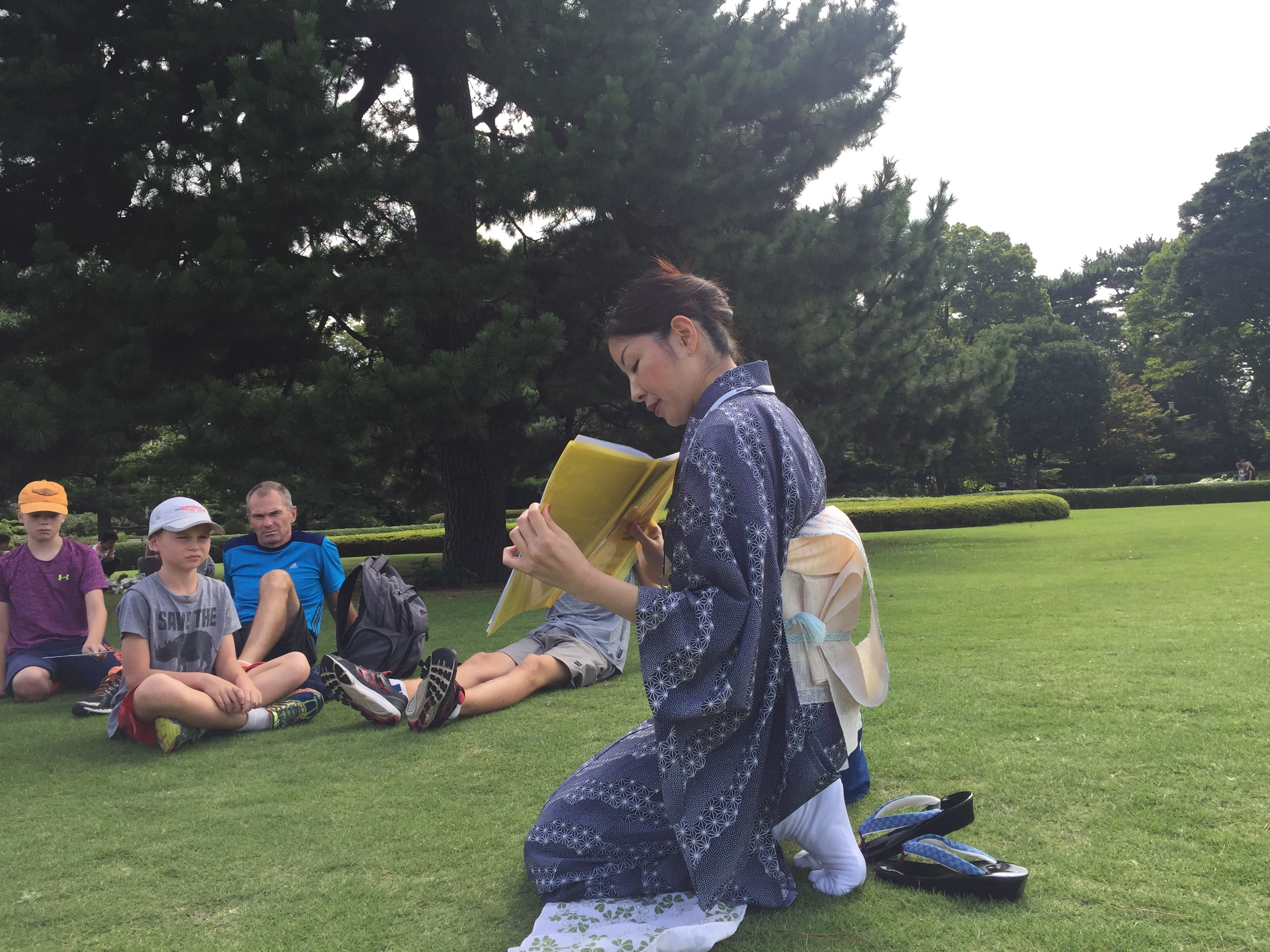 It was a pleasant day just before the start of the rain season. I had just finished sharing the story of the 47 samurais who willingly gave up their lives for the honor of their master. A guest from the UK asked a question – “When did such ideals of the samurai way come about? Is such mentality still common in the society?”
It was a pleasant day just before the start of the rain season. I had just finished sharing the story of the 47 samurais who willingly gave up their lives for the honor of their master. A guest from the UK asked a question – “When did such ideals of the samurai way come about? Is such mentality still common in the society?”
There is a perfect book on this subject. It is Bushido: The Soul of Japan, originally written in English in 1899 (text available online). The book was written by the Japanese educator Inazo Nitobe, and is his response to a question he received from his Belgian friend – what is the moral backbone of the Japanese people?
In the book Nitobe elaborates on how the virtues of his time actually derives from the code of the samurai warriors that was refined through the history of Japan. He draws historical examples of acts and deeds typically praised in bushido, or the samurai way. In the end he concludes that although the samurais are gone, the mentality is deeply rooted in the people and the society.

Going back to answer the second part of the original question, I think yes, the mentality still lives on even a century after Nitobe wrote Bushido. We sometimes relate ourselves to samurais as a symbol of courage or justness. However I won’t be surprised if the symbolism, or what bushido stands for, is different from what is written in Bushido, let alone the actual code of conduct in the days of the samurais.


For advanced learners, Hagakure is another famous book on bushido. It was written in the early 18th century by an actual samurai as a guidance to his juniors. Interestingly, it criticizes the 47 samurais on the account of acting too late. This contrasts with Bushido in which the samurais represent the virtue of Rectitude.
So thanks to all of you who joined us on our tour. Enjoy your stay, and let us know what you think are revelations of the samurai spirit in modern Japan.
(Yohei)





